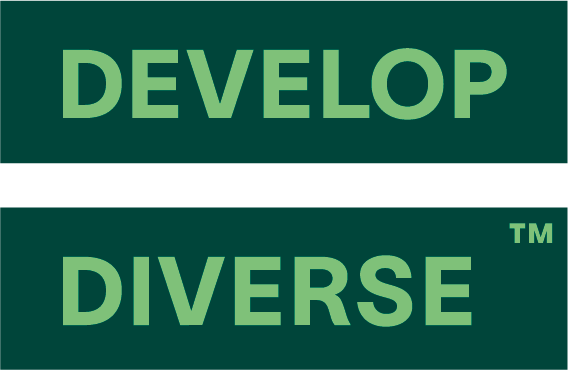The primacy effect is when individuals tend to better recall information they encounter first, compared to information that comes later in a sequence.
What is the primacy effect?
The primacy effect is a cognitive bias that refers to the tendency to better remember and give greater weight to the information you have encountered first, compared to information presented later.
In other words, the primacy effect suggests that the initial information we receive significantly impacts our judgments and decisions compared to subsequent information. This tendency relates to the availability heuristic, as both biases involve the reliance on easily accessible information in decision-making.
What is primacy bias?
Primacy bias and the primacy effect are often terms used interchangeably because they are related to the same psychological phenomenon. However, there is a semantic difference.
The primacy effect is a memory phenomenon that refers to the better recall of information you encounter first, while primacy bias refers to the tendency itself to give more weight of importance to that information that you encountered early on.
How does the primacy effect work?
The primacy effect aids in memory recall and is thought to occur because the information presented first has more time to be processed and stored in memory. Thus, it leaves a stronger and more lasting impression on the individual.
For example, if someone tries to remember something from a list of many words, they will remember the words listed at the beginning rather than the words in the middle of the list.
Additionally, it is believed that the initial information serves as a mental anchor, which we compare subsequent information to – and this further reinforces the primacy bias.
Examples of positive and negative effects
The primacy effect can occur in various situations, such as when learning a new skill or studying for an exam. Additionally, it can have both positive and negative effects, which you can learn more about below.
Positive effects
Below are some examples of the positive effects of primacy bias.
Persuasive communication
If you are presenting a persuasive argument, starting with the most vital point can increase the likelihood of succeeding in your persuasion due to the primacy effect.
For example, a charity organization might start their fundraising campaign with powerful statistics or stories to grab the audience’s attention, inspiring them to donate. This is also related to guilt-based communication in the form of negativity bias, where the charity organization emphasizes the negative consequences of particular actions (not donating).
Job interviews
If you are interviewing candidates for a job, a good idea would be to start the interview with a positive and welcoming introduction. This helps make the interviewee feel more comfortable and at ease.
For example, you can start the interview by asking the candidate how they are or perhaps offer them a glass of water or coffee. This can help them relax and perform better during the interview, which gives you a better chance to properly evaluate the candidate for the position.
Setting a positive tone
Starting a new school year can be challenging. Therefore, beginning with an engaging and positive experience is essential to set the tone for the rest of the year.
For example, teachers often organize a fun and interactive activity to serve as an icebreaker on the first day of school, so students feel more connected and invested in their learning. Then, due to the primacy effect, they might remember the positive experience and be more likely to stay engaged throughout the year.
Negative effects
Below are some examples of the negative effects of primacy bias.
Criminal trials
One of the negative effects of primacy bias can be exemplified in a criminal trial, where jurors are more likely to find the defendant guilty if they hear incriminating evidence first – even if subsequent evidence is exculpatory.
For example, suppose the prosecution presents strong evidence at the beginning of the trial, and the defense presents weaker evidence later. In that case, the jurors will likely be biased towards the prosecution’s case.
Hiring decisions
One of the most common issues with the primacy effect is that it affects the workplace through hiring decisions.
When a hiring manager evaluates job candidates, the first few candidates may be given more weight or importance, leading to a biased hiring decision. And this can happen both consciously and unconsciously, where the manager is unaware of their bias.
For instance, if a hiring manager interviews a strong candidate as the first interviewee, the manager may compare all subsequent candidates to that first candidate and find them lacking, even though they are equally qualified.
According to research, those who interview in between the first and last candidates often stand less out, which is the primacy effect in action.
Additionally, it connects to recency bias, which refers to the tendency to remember information most recently encountered. In the context of job interviews, the primacy effect leads the interviewer to remember the first candidate, whereas recency bias may lead them to remember the last candidate.
Investment opportunities
If you evaluate multiple investment opportunities, the first opportunities presented to you may be given more weight, leading to a missed opportunity for a more profitable investment.
For example, if a financial advisor presents a series of investment options to their client and presents the most conservative option first, the client may be biased towards that option. This leads the client to overlook a potentially more lucrative investment opportunity presented later.
